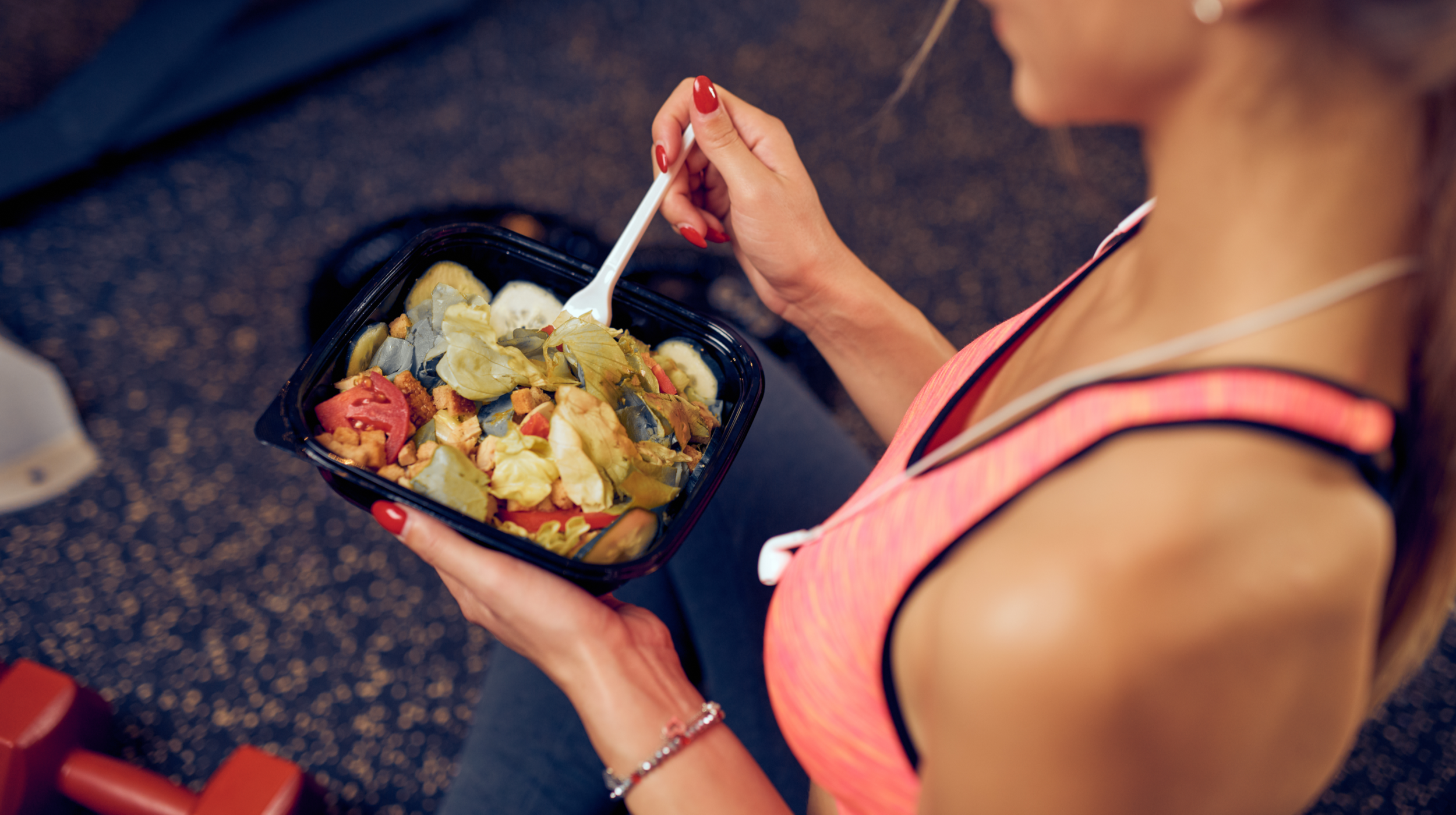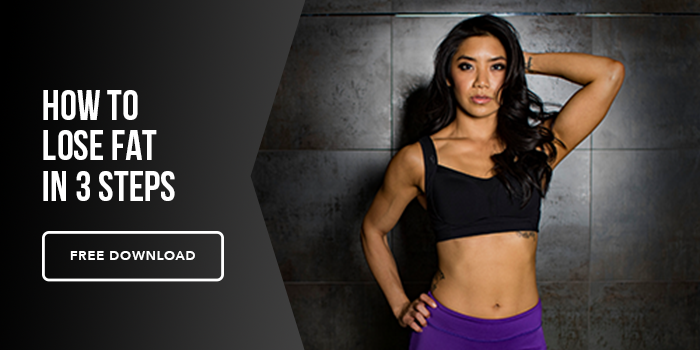Not if your goal is to retain all the hard earned muscle you gained and have a physique that looks good. Let’s take a look.
Nutrition
The one thing I will say is, if fat loss is your primary goal, whether it's to retain muscle or simply just lose as much weight as possible, you need to be in a deficit. It is the law of thermodynamics. You simply can’t be in a caloric surplus and lose any weight. So, if that’s not in order you will not be able to effectively achieve your fat loss goal.
Having said that, if the only thing you focus on is nutrition you risk wasting away more muscle than fat. That doesn’t sound too ideal for anyone's goals. When in a caloric deficit, your body is going to either want to prioritize burning through stored fat or using up muscle. Why? You are in a starved state. Your body doesn’t know that you want to look good, it just knows you are eating less calories than it would like, and wants to maintain homeostasis. In order to do that, it needs energy sources (since it’s not getting an outside source from your food).
Burning through stored fat is great, but muscle is calorically expensive to keep on. As you lose more and more weight, it makes more and more sense for you body to start eating away at muscle vs fat. It may even hold ONTO the excess fat so you don’t waste away.
Metabolism
If your body starts burning through muscle, then your metabolism is going to slow down. Having less muscle on your body means less energy requirements to keep you at your current weight. If losing muscle wasn’t bad enough, now at this slower metabolism, you’re going to have to lower calories even FURTHER to achieve any more fat loss. But the catch-22 is as you keep lowering your caloric intake, your body will keep readjusting to maintain body weight.
Example
Let’s say your maintenance intake is 2000 calories. You won’t gain or lose any weight at this intake. You start at a deficit of 500 calories putting you at 1500 calories to lose a couple pounds. This works for a couple weeks, and then you don’t lose anymore weight. You drop another 200-300 calories now putting you at 1200 to force the body to drop weight again. A couple weeks later it stalls again. Lower another 300 putting you at 900 calories! You now have to eat only 900 calories just to drop one pound (to give you perspective a chipotle burrito has more calories than that). Now that you adjust to that, that means anything above 900 calories and you’ll actually GAIN weight now because your metabolism has slowed down to make 900 the new maintenance.
This is no bueno. I have had so many clients come to me with this exact problem. They’re doing tons and tons of cardio, and eating 900 calories (sometimes less), and wonder why they aren’t losing any weight. It’s because they spent too much time focusing on the wrong thing. What they should have been focusing on is resistance training and building up their caloric intake.
Progressive Overload with Resistance Training
This is where exercise comes in. I don’t care if your main goal is strength/bulking or fat loss. The goal is still the same - building muscle (or retaining it in the case of fat loss). As I said before, muscle is calorically expensive to have. So the more of it you have, the more calories your burn at rest, which means the higher your metabolism will stay. This is what we want!
By including strength focused, resistance training into your fat loss program, you are sending a strong stimulus to your body (which is in that 1500 calorie deficit remember) that you need to keep the muscle. Like I mentioned earlier, your body adapts to what’s thrown at it. If it is continually receiving bouts of stress in the form of progressive overload, it’s going to want to make sure that enough muscle is there, so it will prioritize burning through your fat stores instead.
Goal: Prioritize strength at the beginning of a diet! Keep the reps in the 6-8 range and focus on bigger compound movements like squat, deadlift, bench, and overhead press.
In the end, it’s up to you what you want to do, But if you are really trying to maximize your time in and out of the gym to end up with the best physique you can, you are better off including resistance training to stave off any muscle loss during a diet, and providing a strong enough signal to keep it around so that your body focuses on fat loss and not muscle loss.






